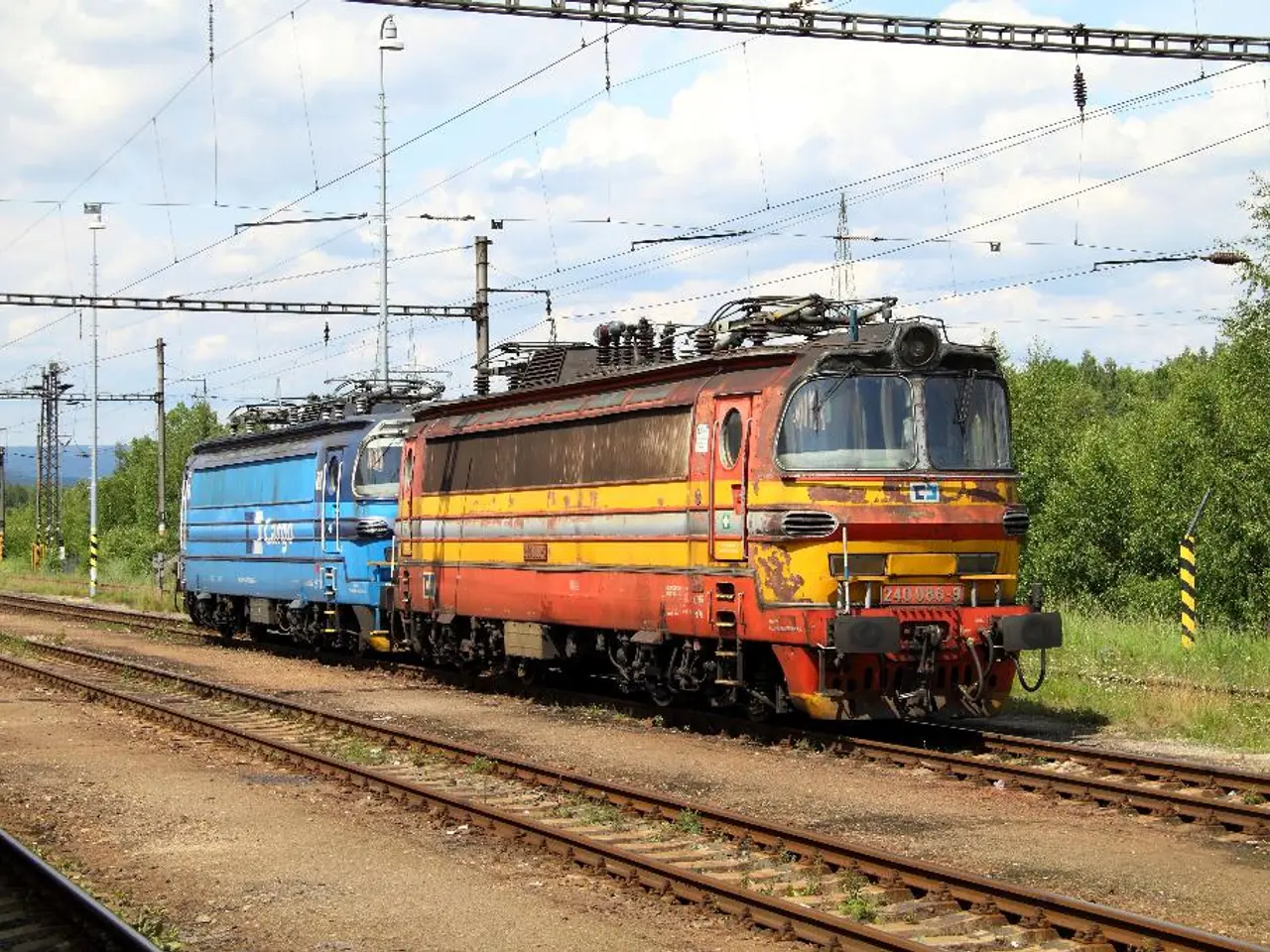Türkiye Explores Nuclear Energy for Independence and Growth
Türkiye is exploring nuclear energy as a key part of its energy diversification strategy, with the potential to shape its own energy future and support industrial growth. The World Nuclear Association (WNA) highlights the role of nuclear energy in ensuring energy security, especially in a complex geopolitical environment where countries strive for energy independence.
Türkiye is boosting US gas imports and advancing Black Sea and global entry projects. The Akkuyu Nuclear Power Plant (NPP) is set to provide around 10% of the country's electricity upon completion, acting as a significant game-changer for carbon-free electricity and socioeconomic development.
Small modular reactors (SMRs) are emerging as a cost-effective and efficient solution for industrial applications in remote regions or industrial zones. They can be commissioned in shorter timeframes compared to large nuclear power plants and require minimal infrastructure development. SMRs can be adapted to use steam and energy efficiently, making them ideal for various industrial applications.
The global nuclear energy landscape is evolving rapidly. China, India, and Asia overall are experiencing rapid growth in nuclear capacity. China aims to increase its installed capacity to around 65 gigawatts by the end of 2025. The Czech Republic is also planning notable expansions with the potential construction of four new nuclear power plants. Both large reactors and SMRs will continue to be built to meet the goal of tripling global nuclear capacity by 2050.
Türkiye's nuclear energy projects, including the Akkuyu NPP and potential SMR deployments, are expected to play a crucial role in the country's energy diversification push. As the global nuclear energy capacity is set to triple by 2050, with significant growth in Asia, Türkiye is positioning itself to benefit from this trend and secure its energy future.








